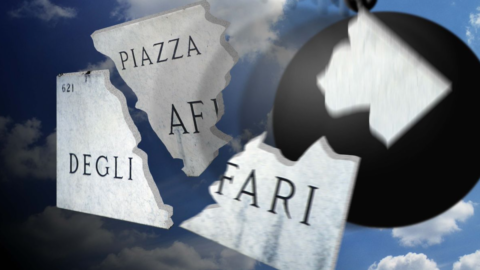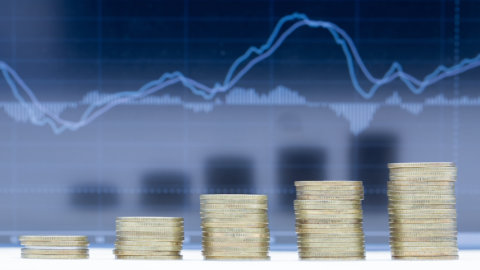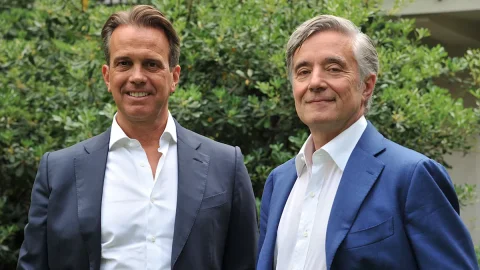Thanks to the crisis, the big US banks have obtained the cancellation of the anti-crisis rules. Yesterday, in fact, the Fdic, the federal institution for guaranteeing bank deposits, voted for the abolition of the Volcker Rule, the legislation desired by the former Fed president in 2012 which provides for heavy constraints for the more speculative activities of the banks. After a tough battle that lasted months, the rule, introduced after the Lehman Brothers crisis, was largely canceled despite the vote against Martin Guenberg, the only survivor of the team nominated at the time by Barack Obama, who protested against "the fall of a measure in support of the public interest in the midst of the pandemic”.
Instead, the ISDA lobby, the association that brings together operators in swaps and derivatives, rejoices: thanks to the reform (or counter-reform) the twenty most important banks will soon have the will be free to return to investing on the over-the-counter market in riskier activities. The guarantees required for derivative transactions are reduced and the limits on investments in venture capital funds are dropped. In figures, resources are freed up which, in 2019, resulted in the immobilization of 44 billion dollars. Politically it is one Trump administration victory, since his election pledged to dismantle the legislation introduced after the 2008/09 crisis. On a financial level, the immediate effect was the rebound of the big US banks: Goldman Sachs was yesterday the best blue chip of the day with a rise of 4,6%, ahead of Morgan Stanley +4% and JP Morgan +3,5 %. With the stock exchange closed, however, a small disappointment came with the publication of the Fed's stress tests.
The state of credit, according to the central bank, is under control: but since with the coronavirus, prudence is never too much, supervision puts a brake on dividends and share buybacks. Banks are asked to calculate the shareholders' remuneration policy, using a formula which in some cases could lead to zero dividends expected for the second quarter. Wells Fargo will mainly pay, up 6,7% yesterday. The Fed's decision is a sort of compromise: the Democrats were in favor of halting dividends, as happened in Europe, but Powell limited himself to banning higher coupons than in the past and the use of buybacks, until a few months ago the true propellant of the rises. But, as suggested by Jamie Dimon of JP Morgan, the point of reference for American bankers "will only return to talk about buybacks when the pandemic situation is clearer". For now, the Bigs are content to have removed the shadow of the most feared central banker from Wall Street.





